A sports injury is more painful than others because of the mental stress associated with it. When sportspersons get injured they crave an early recovery and get back to the ground. A comprehensive recovery system comprises medication, exercise, therapy, nutrition, and willpower.
In this article, we will focus on nutrition for sports injury recovery. Any sports person would think to cut down calories and avoid raking up weight, but it can work against them and hinder the recovery process.
A body under recovery needs more energy than before, which means cutting calories or skipping meals isn’t the right way. To clear all the speculations and follow the ideal recovery method, make sure to read ahead.
Importance of Nutrition for Sports Injury Recovery


Adequate nutrition is effective in two ways for sports injury recovery;
- It prevents further injury.
- Helps with quicker recovery.
Good nutrition prevents injury by keeping the body hydrated as it is required for improving joint flexibility. An injury like an ACL tear can take months to heal and during this period, taking enough nutrition is essential. Good nutrition aids with all three phases of recovery, inflammatory, proliferative, and remodelling. For all three phases, a different nutritional diet and mix of nutrients is recommended.
Nutrition for Inflammatory Phase
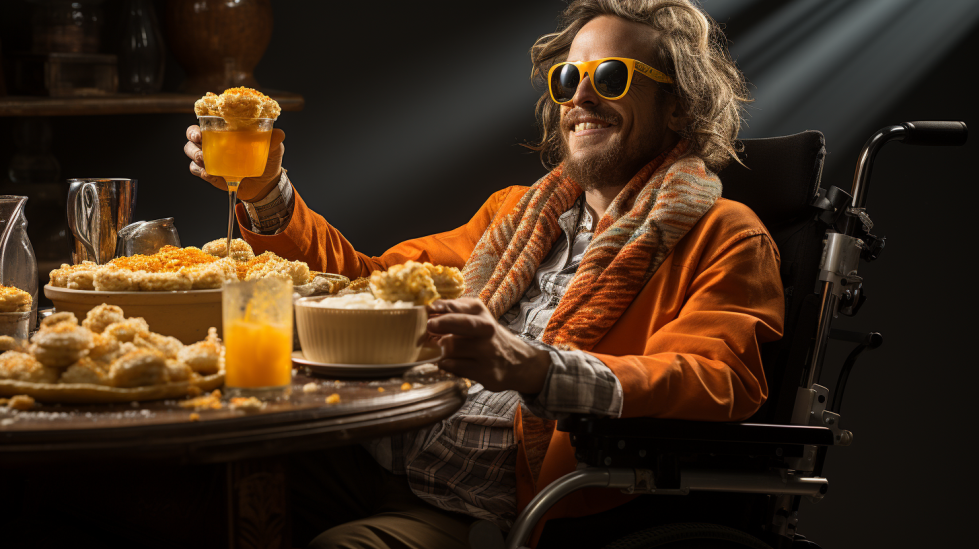

During the inflammatory period, the injured sportsperson will experience pain, swelling, and heat around the injured area. Inflammation is a natural process and it leads to tissue healing.
Intake protein during this phase and avoid consuming fats and trans-fats. Proteins reinforce the body’s muscle tissue and avoid mass loss, which often happens when a body part is not moving after an injury.
The right quantity of protein can reduce mass loss risk. Moreover, we also recommend consuming protein while retraining when the body needs energy for muscle improvement.
In this phase, a diet for sports injury nutrition also accompanies food rich in Omega-3 fatty acids. So foods like oily fish, avocados, seeds, and nuts are often added to the list of foods to eat.
Foods to eat:
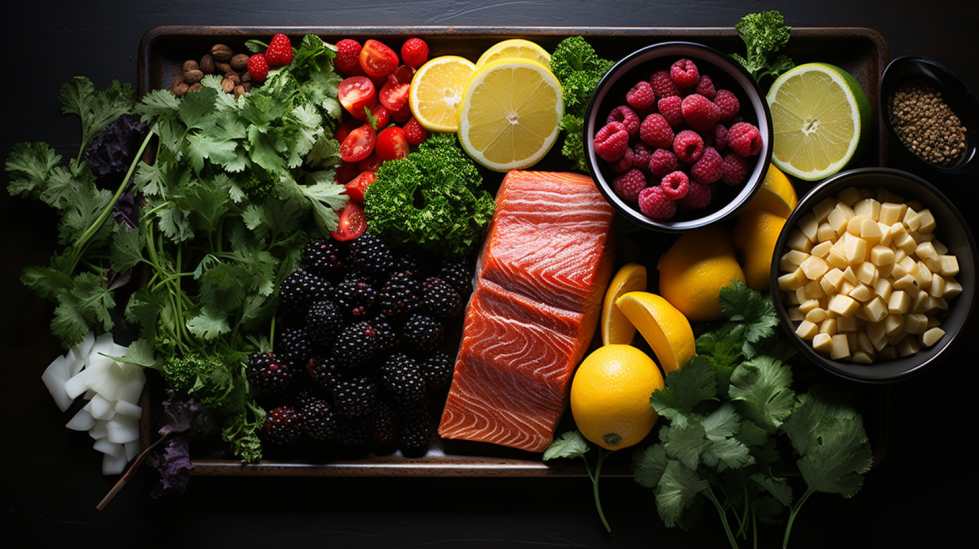

- Pineapple
- Berries
- Turmeric
- Cardamom
- Bluefish
- Meat
- Fish
- Eggs
- Dairy products
- Lentils
- Beans
Sports Injury Nutrition for Proliferation Phase
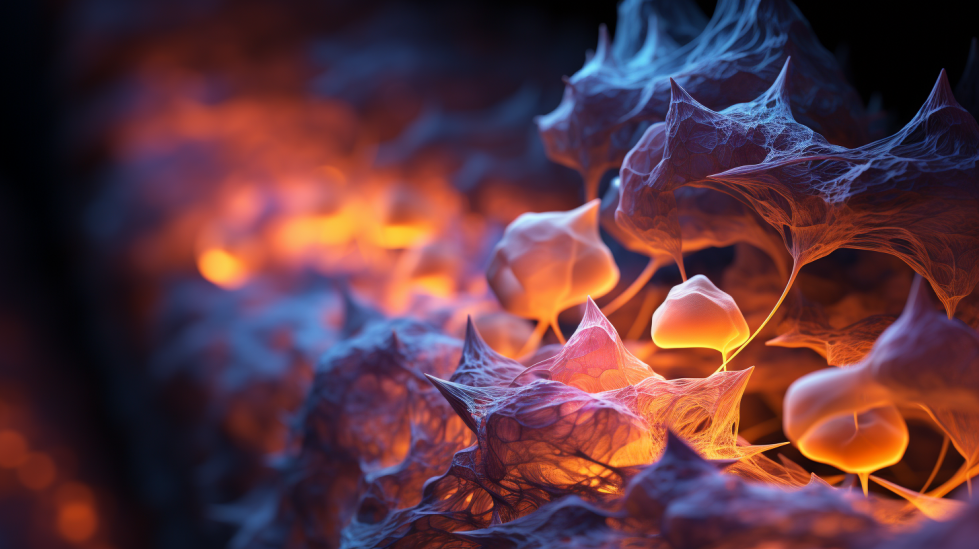

In this phase, the body starts to create tissue and cover the mass loss. At this time, when the body is creating new scar tissue, it needs proper nutrition to support the creation process.
The recommended nutrition for injured athletes who are in this phase includes proteins, carbohydrates, and healthy fats.
Carbohydrate consumption must be effectively regulated in this stage, especially if the sportsperson has not started training. Carbohydrates can make the person feel fuller hence leaving less capacity to eat proteins and fibre.
Glucose is broken down after carbohydrates are consumed. Glucose breaks down and is stored in the form of glycogen. Carbs give our body the heat and chemical energy it needs to function. The body is already weak when injured and not taking enough carbs will mobilise lean body mass, which are muscles, to take fuel.
Foods to Eat
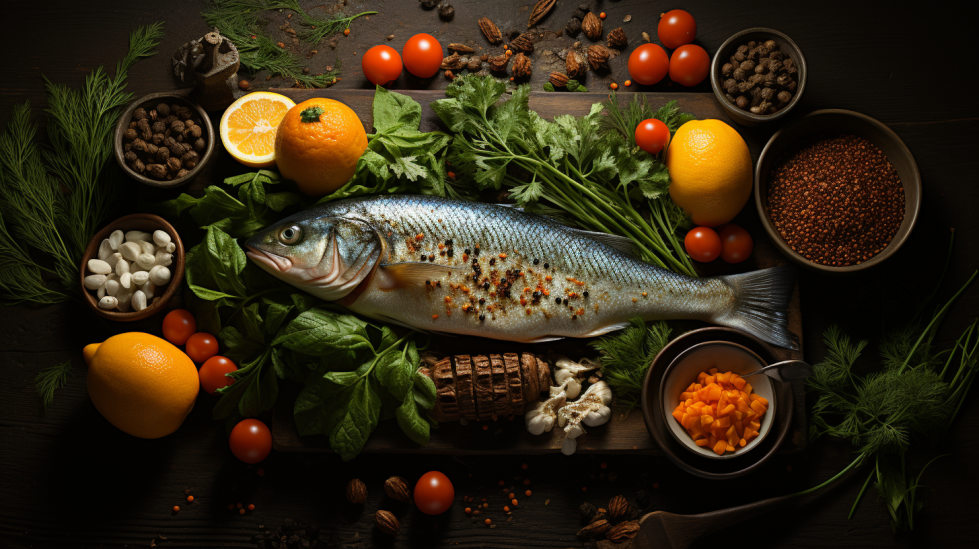

- All foods in the Protein category
- Bluefish
- Healthy fats
- Linseed
- Nuts
- Brown rice
- Quinoa
- Oats
Nutrition for Remodelling Phase of Sports Injury Recovery


In the remodelling phase, the new scar tissue that is built needs some training on how it must behave. The remodelling of new scar tissue overlaps with the proliferation stage, especially when the latter is at its peak. The remodelling phase gives the new tissue time to get back to its original functionality.
It can take up to 2 years for the new scar tissue to regain full functionality. Hence, during this time, it’s essential for a sportsperson to take proper nutrition. In this segment of nutrition for sports injury recovery, athletes and players need Vitamins A, C, E, and Zinc.
Out of these, Zinc helps with healing the tissue and not taking enough Zinc can even prolong the healing process. Vitamin C has double advantages including reducing inflammation and restoring the body’s function to its original state.
Moreover, Vitamin C has anti-inflammatory properties. It contains collagen, which is helpful in maintaining bones, muscles, and tendons.
Foods to Eat
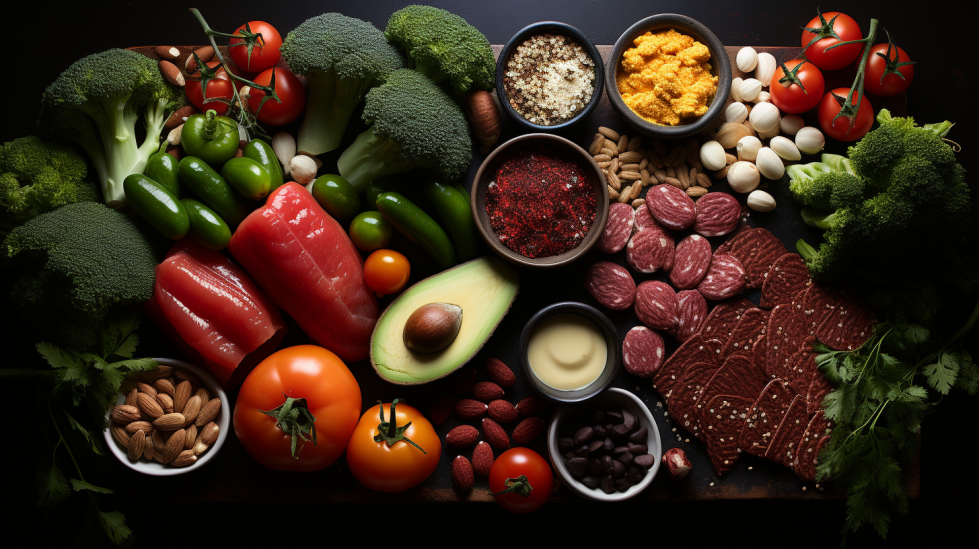

- Citrus fruits (oranges, grapefruits)
- Bell peppers
- Spinach
- Broccoli
- Tomatoes
- Meat
- Fish
- Shellfish
- Whole grains
- Nuts
Eating the right food in the right amount is essential for a sportsperson to heal quickly and properly. There is no magic pill that will heal the wound and let anyone avoid taking the right nutrition for sports injury recovery.
Recovering from an injury is a time-intensive process and depends on the scale of the injury. Taking megadoses of vitamins and minerals isn’t the right approach and they won’t necessarily speed up the healing process.
We understand that for a sportsperson it can be frustrating to sit idle and let the wounds heal by taking their natural course. However, it’s essential to give the body the building blocks it needs to heal properly.
Don’t Forget to Stay Hydrated


In addition to taking a personalised diet for injured athletes, it’s essential to stay hydrated. A common misconception among the sportspersons is that “We don’t need fluids as we are not training.”
For anyone recovering from an injury, hydration is essential. Water flushes out the toxins from the body while transporting nutrients into the cells. It also regulates body temperature and maintains pH balance.
Conclusion
The right nutrition for sports injury recovery is fundamental to enduring recovery. For the three phases of recovery, inflammation, proliferation, and remodelling, sports persons require the right amount of nutrition and must stay hydrated.
Depending on the injury, it can take a couple of months to a few years before the sportsperson can get back to training and playing. Get in touch with Santokh Hospital to get the best treatment and a personalised diet plan from certified dieticians to get back on the field as quickly as possible.

